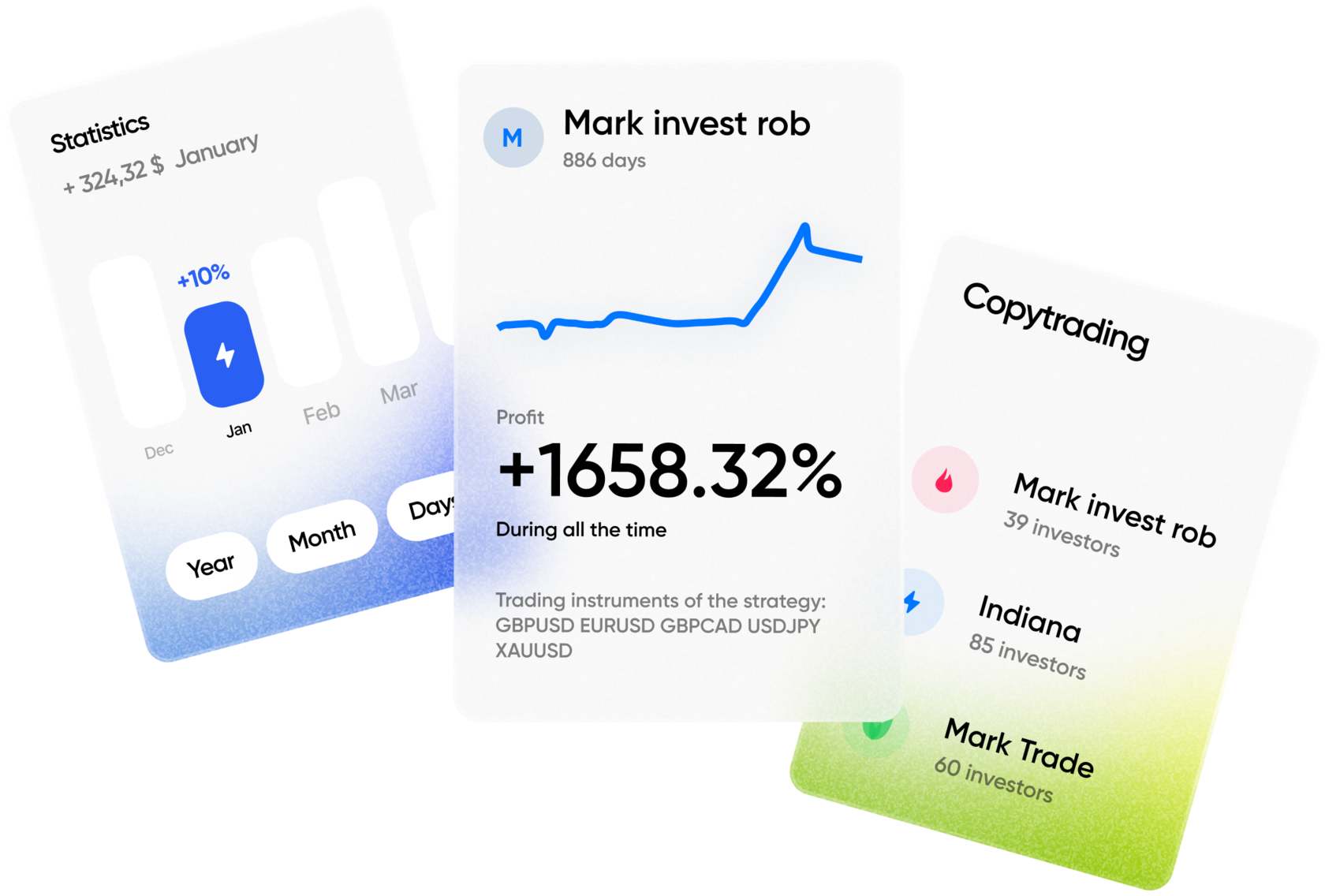The economic situation in the UK is becoming increasingly unstable, and experts at Bloomberg Economics predict that the country will face technical recessions more frequently. The primary reason lies in the declining potential growth rate, which makes the economy more vulnerable to external shocks and internal imbalances, according to Bloomberg Economics research.
Analysts highlight that the UK’s potential economic growth rate—the speed at which the economy can expand without triggering inflation—has significantly dropped. While the average growth rate between 1955 and 2009 was 2.5% annually, it is expected to fall to just 1.2% in the near future. This decline indicates that the economy is less resilient to negative factors, such as rising energy prices, geopolitical instability, or domestic economic crises.
Dan Hanson, Chief UK Economist at Bloomberg Economics, expressed concerns about the country’s long-term economic prospects. According to him, there is solid evidence to suggest that technical recessions will become the norm in the coming years. “Economic shocks that previously only slowed growth are now capable of reducing output levels,” he noted. Hanson added that this trend will increase pressure on both the government and the Bank of England, forcing them to take more aggressive measures to stabilize the economy.
Particular attention is being paid to the role of UK Prime Minister Keir Starmer, who has pledged to boost economic growth. However, since his Labour Party came to power in July last year, the country’s economic growth has slowed significantly. With worsening forecasts, the government faces the challenge of implementing urgent measures to stimulate the economy, restore investor confidence, and minimize the negative impacts of recurring recessions.
Experts also warn that more frequent recessions could severely impact the standard of living in the UK. Rising unemployment, slower income growth, and reduced consumer spending will create additional challenges for the economy. Under such conditions, achieving the government’s goals of increasing productivity and building a more resilient economy will be particularly difficult.
The worsening economic outlook is linked not only to domestic but also external factors. The UK continues to grapple with the aftereffects of leaving the European Union, which have led to reduced trade volumes and more complicated access to international markets. Additionally, global inflation driven by rising energy prices and geopolitical conflicts adds further pressure on the country’s economy.
The UK is entering a new economic phase characterized by slower growth, more frequent recessions, and heightened pressure on key economic institutions. Experts believe that addressing these challenges will require a comprehensive approach, including long-term reforms aimed at enhancing economic resilience and reducing its vulnerability to external shocks.







